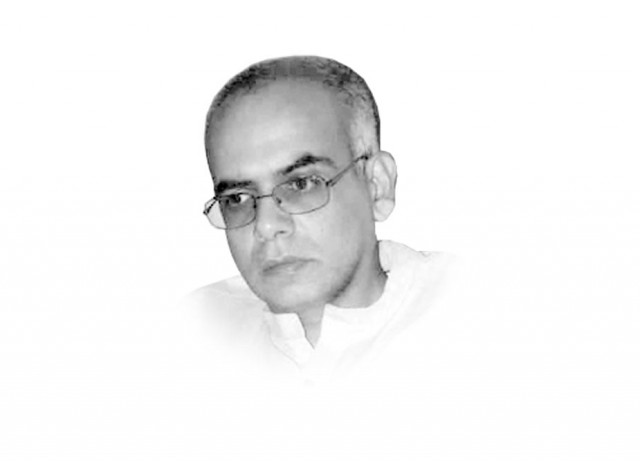Getting ready for general elections
With elections just months away, clearly a lot still needs to be done.

More than ever, it is now vital for Pakistan to build on this historic achievement by ensuring that the transfer of power to the next government takes place through a credible electoral exercise.
Several relevant suggestions have been identified by think-tanks and experts in this regard. A roundtable organised by the Jinnah Institute in Islamabad recently highlighted key challenges to free and fair elections. The Pakistan chapter of the Brussels-based International Crisis Group has also published a policy brief “Election Reform in Pakistan”. It is also encouraging to see media reports emphasising expert views in this regard.
The need for the Election Commission of Pakistan (ECP) to play a pivotal role in conducting the next general elections seems vital. Rigged elections and other distortions of election processes by military-controlled governments had corroded the credibility and capacity of the entity. Politicians have taken a step in the right direction by making the appointment of the Chief Election Commissioner transparent and subject to parliamentary oversight in accordance with the Eighteenth Amendment. The ECP must now urgently begin to address errors and omissions in the electoral rolls, which is no small task, given that an estimated 3.9 million eligible voters need to be registered.
Political heavyweights should show further foresight by transcending personal political agendas and reach consensus on neutral caretakers for a seamless election transition period. Unless this happens, Pakistan will be under increasing international pressure to put in place caretakers of the kind that were installed in the 1990s, who consented to a range of economic conditionalities, which became a source of much contention thereafter.
Political parties can also use their networks to encourage all people of voting age within their constituencies to get NADRA-issued computerised national identity cards, which will not only help politicians secure votes but also increase our voter turnout and make our citizenry eligible to a range of other social services.
Polling procedures have to be improved, too, and their locations decided well in advance of the actual polls. The ECP should pay heed to the criticism of the newly formulated ban on politicians transporting voters to the polls, since lack of transport may prevent many genuine voters from reaching polling stations. At the same time, the average voter must also be encouraged to let go of biradari/tribal affiliations, which continue bringing in traditional power elites to the political front and subsequently block attempts to address structural inequalities through effective land reforms or progressive taxation.
The fact that about half of Pakistan’s voters are new, young voters, under the age of 30, is, however, a sign of hope. But while analysts foresee an increase in the number of young male voters during the coming elections, at the same time young female voters and women, more generally, will probably lag behind at the polls, particularly in rural areas. To bolster women’s representation, the ECP has been advised to monitor electoral turnout and results at both female and combined polling stations and impose penalties on those who prevent women from voting. The media can also show more maturity and begin highlighting these important issues instead of patronising particular politicians.
With elections just months away, clearly a lot still needs to be done. Despite the range of other problems that the country is contending with, these electoral reform issues do merit close attention, given their potential in helping achieve the long-standing goal of finally stabilising the democratic process in our country.
Published in The Express Tribune, August 28th, 2012.














COMMENTS
Comments are moderated and generally will be posted if they are on-topic and not abusive.
For more information, please see our Comments FAQ